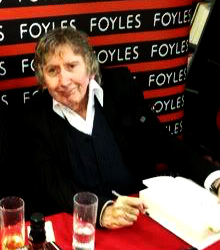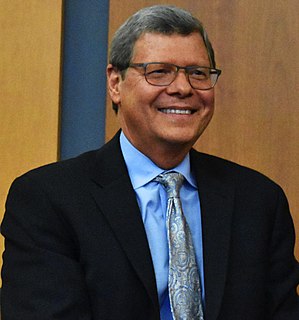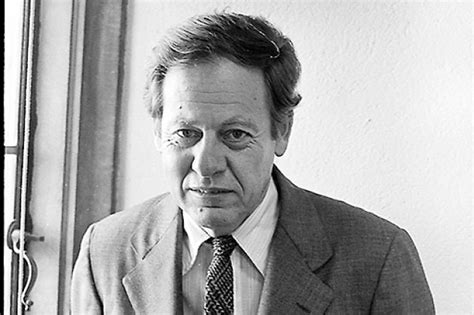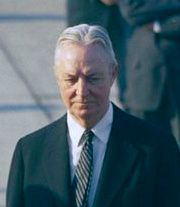A Quote by Lynn Nottage
I find my characters and stories in many varied places; sometimes they pop out of newspaper articles, obscure historical texts, lively dinner party conversations and some even crawl out of the dusty remote recesses of my imagination.
Related Quotes
Some of my books sort of have a provocative take. Sometimes you find interesting things about characters that show they weren't necessarily the way people usually see them. It can make for lively conversations, but that's great. Spark a little controversy, get people to think about it. That's what it's all about.
I think a lot of my interest in history now isn't so much in places and names and texts and public figures, but more in examining all the nuances and idiosyncrasies of particular stories of everyday people. And if that doesn't happen, then I usually transplant myself and my own stories to a particular historical event. Which is why you'll see me, the first person pronoun, interacting in a song about Carl Sandburg, or you'll find my [sic] interacting with Saul Bellow. It's sort of a re-rendering of history and making it my own.
Sometimes dramas or happenings from 10 or 20 years ago are kept alive by people on a daily basis, whether it's personal issues or bigger things such as what happened with Princess Diana in your country. Some people are still obsessed by that... or JFK and can't let it go. Films and newspaper articles keep being born out of those events.







































